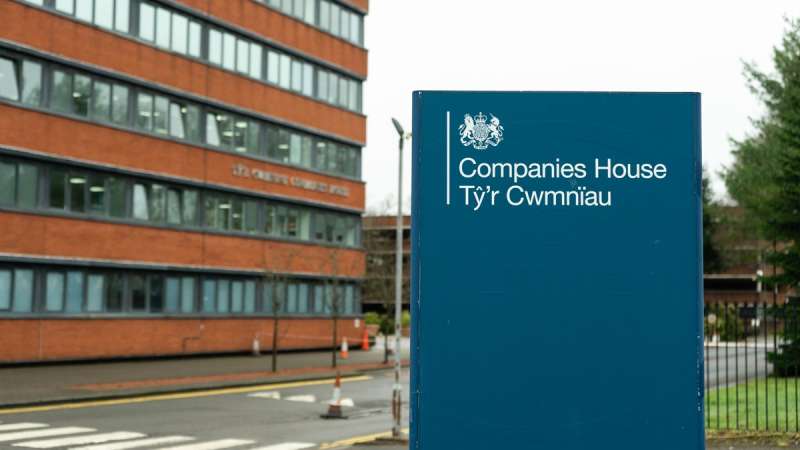What Is a Partnership
A partnership is a relationship which exists between persons carrying on a business with a view to profit. The following organisations usually operate by way of traditional partnerships:
- Property Investors
- Solicitors
- Accountants and
- Medical Professionals
We advise partners and partnerships on all aspects of a partnership life-cycle: upon commencement, advising on and drafting a business partnership agreement, the introduction and retirement of partners, sale and purchase of businesses, partnership mergers, incorporation (whether to LLP or a limited company) and dissolution of partnerships.
Key Features of a Partnership
It has no separate legal personality. This means the partnership cannot own assets or property, grant security or contract with third parties in its own right.
Each partner is an agent of the firm for the purposes of the partnership business. The firm is therefore liable as the principal for agreements entered into by each partner in the course of the partnership business.
Whether partners are jointly, jointly and severally, or severally liable for each other’s acts will depend on the acts in question.
- Partners are jointly responsible for the contractual debts of a partnership
- The estate of a deceased partner has several liability for the debts of the firm to the extent that they are not otherwise satisfied
- Wrongful acts or omissions, such as torts, of any partner acting in the ordinary course of the business with the authority of the other partners, gives rise to joint and several liability
Partnerships are treated as transparent for most tax purposes meaning that the activities of the partnership are treated as carried on by individual partners and not by the partnership as a body. As such, it is the individual partners who are liable to pay tax on their share of the profits or losses.
Partnership property is property brought into the partnership for the purposes and in the course of the partnership business. As a partnership cannot own property in its own right, individual partners will own property on behalf of the partnership. It is important to set out clearly what property is owned by individual partners on behalf of the partnership and what property belongs to individual partners personally. This will be important on the insolvency of the partnership and/or the bankruptcy of individual partners.
Partners owe fiduciary duties to each other including a duty to act in the utmost good faith and honestly towards each other, and not to put themselves into a position where their duty to the firm and their own interests conflict. Additionally, a partner must account for all profits made by him from carrying on any business of the same nature as and competing with that of the firm, without the consent of the partners.
Setting Up A Partnership Agreement
Although it is not a mandatory requirement, we advise that a partnership agreement is entered into between the partners otherwise default provisions may apply. Set out below are a number of areas which we recommend are dealt with when creating a partnership agreement:
- The amount of a partner’s fixed capital (i.e. the amount introduced by each partner);
- Unless the partnership agreement says otherwise, all partners share equally in the profits and must contribute equally towards the losses, whether capital or income. It is usual for the partnership agreement to set out how shares of profit are distributed;
- Although accounts are not specifically required by the legislation, it is usual that the partnership agreement requires the balance sheet and profit and loss account to be drawn up in respect of each accounting period. In the partnership agreement, the firm should indemnify each partner in respect of payments made, and liabilities incurred by him, in the course of the firm’s business or in preserving the business or property of the firm;
- The partnership agreement should set out how a new partner may be admitted otherwise it will require unanimous consent. At law, an incoming partner does not acquire liability for anything done before admission but it is usual for new partners to agree to take on existing liabilities of the firm;
- A partner has no right to retire from the partnership unless the partnership agreement allows for retirement, it is with the unanimous consent by all partners or, for partnerships at will, by giving notice. The partnership agreement should set out how a partner may retire, what happens on the death of a partner, and how a partner can be expelled from the partnership;
- It is usual that accounts are prepared on the partner’s leaving date and the outgoing partner is then entitled to be paid the amount due to him as shown on the current and capital accounts. Alternatively, the payment can be calculated by reference to the accounts prepared for the accounting period during which the outgoing partner leaves;
- It is important that a partnership agreement also deals with post-termination restrictions preventing an outgoing partner from competing with the business of the firm within a defined geographical area and for a set period of time.
Our Approach to Partnership Agreements
We provide practical, commercial and coherent legal advice to achieve the best outcomes for our clients. As an all services law firm, we are able to deliver a complete service with support from our Employment, Commercial, Dispute Resolution and Private Client teams.
We work closely with our clients to ensure that we provide a bespoke service to meet their expectations both in terms of their objectives and in relation to costs. We understand that cost is one of the most important factors when it comes to the decision to take legal action.
As standard practice, we always give our clients an estimate of the costs involved in undertaking any piece of work from the outset. We can then provide costs updates on a regular basis.
In addition, where appropriate, we are happy to discuss other pricing models (for example, fixed fees and retainer arrangements) if that is helpful to you.
Why Work With Our Corporate Lawyers?
- We have been ranked as a Top Tier law firm by the Legal 500 for the last seven years.
- You will receive city-quality corporate law advice at regional prices.
- Price transparency - we provide our clients with an estimate at the outset of any piece of work with ongoing updates throughout the matter.
- Our 5 Corporate Partner led service ensures you receive the very best legal advice and commercially minded support.
- We have a large team with experience across a diverse variety of sectors, focused on achieving your objectives and hitting your deadlines.
- We are a full-service law firm operating from a one-site office, which means our teams communicate effectively and efficiently and our Corporate Lawyers can draw on support from other specialist lawyers such as property and employment lawyers.
- Our Corporate Solicitors use the latest technology to ensure that we are working as efficiently as possible and that geographical distance is no bar to us from providing you excellent client service.
- We were the winners of ‘Corporate Team of the Year 2021’ at the Manchester Legal Awards.
- Take a look at the Myerson Promise for further benefits of working with us here.
Testimonials
Meet Our Specialists
Home-grown or recruited from national, regional or City firms. Our specialists are experts in their fields and respected by their peers.
Contact Our Experts
You can contact our lawyers below if you have any more questions or want more information:






